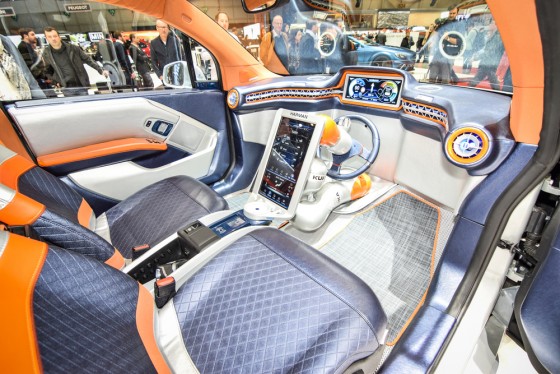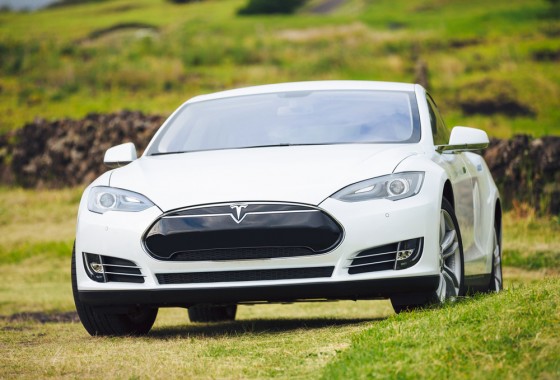
Driverless cars are becoming more of a reality, with testing in full swing by Google and others, and software upgrades underway for existing models of Tesla cars. One industry that will be impacted by larger number of safe vehicles on the road is the auto insurance industry. One insurer, Allstate, is carefully following the progress being made, but emphasized safety over possible diminishing profits. In its annual report for 2015, Allstate wrote:
Consider what is happening with autonomous cars. Today, only modest levels of driver-assistance technology are available, and only on a limited set of vehicles. However, the technology for fully autonomous cars is advancing rapidly and the legal and regulatory framework will follow. At some point, the fleet of a quarter-billion vehicles could be smaller and will include technologically sophisticated vehicles that are safer, more effective and efficient. Fewer, safer cars would benefit consumers and the environment, but could affect demand for auto insurance.
buy lexapro online sinusys.com/email/img/jpg/lexapro.html no prescription pharmacy
The financial squeeze that autonomous cars could put on the insurance industry has been expected for years, The Chicago Tribune noted. In 2012, financial technology consulting firm Celent published “A Scenario: The End of Auto Insurance: What Happens When There Are (Almost) No Accidents?
”
While Allstate states that demand for auto insurance could diminish, it points out that this is not a concern. “Some industry participants are waiting to see how this will play out. Allstate is not,” the insurer said, adding:
We are moving forward into uncertainty rather than wait. Throughout our history, Allstate has led from the front on auto safety—for example, as an early proponent of seat belts and air bags. We support the introduction of new driver-assistance technology that makes driving safer, because this is about saving lives and protecting the hopes and dreams of those who depend on us. We are confident Allstate will thrive in whatever new world emerges because of a differentiated strategy, strong brands, passionate agency partners and committed employees. Preparations for a new and different future are well under way.
Lance J. Ewing, hospitality and leisure industry practice group leader with AIG, previously told Risk Management magazine, “With more than five million vehicle accidents in the U.S. resulting in over 30,000 deaths, any enhancement is welcome, but there may be collateral results from the driverless highways.”

